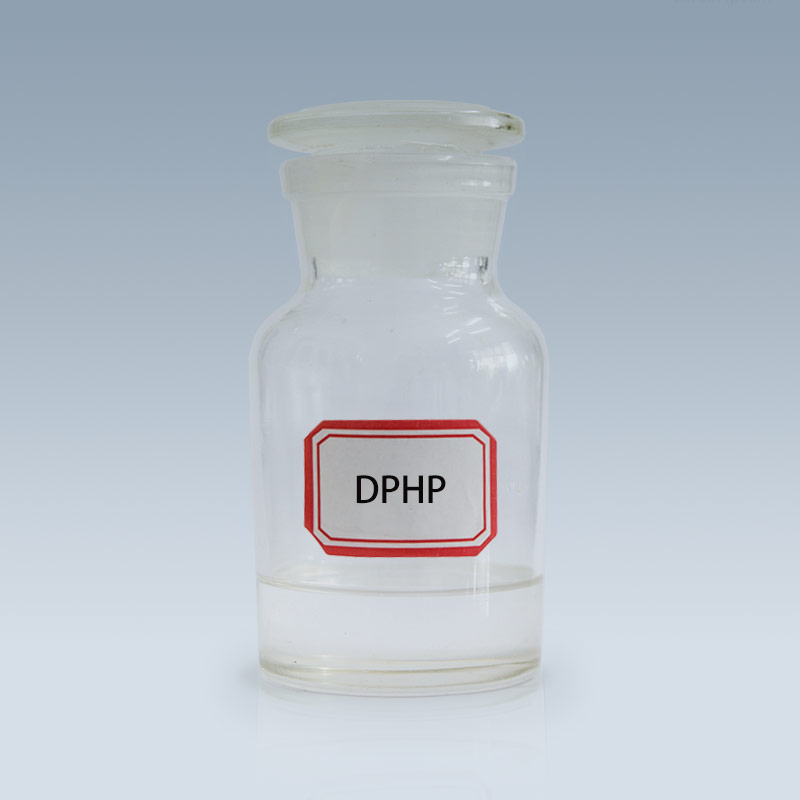When it comes to selecting a plasticizer for polymer applications, manufacturers face a myriad of options. However, one compound continues to rise above the rest—dioctyl terephthalate (DOTP). This innovative plasticizer has gained widespread acclaim for its unique combination of performance benefits, regulatory compliance, and environmental friendliness.
The Science Behind DOTP
At its core, DOTP is designed to improve the mechanical properties of polymers, particularly PVC. By disrupting intermolecular forces between polymer chains, DOTP imparts flexibility while maintaining structural integrity. Its ester-based chemistry ensures excellent miscibility with PVC resins, resulting in homogenous blends that exhibit consistent performance.
Compared to older-generation plasticizers, DOTP boasts several technical advantages. For instance, its higher molecular weight translates to lower volatility, meaning less evaporation during processing and extended product lifespans. Furthermore, DOTP exhibits remarkable hydrolytic stability, which prevents degradation when exposed to moisture—a common challenge in humid climates.

Meeting Regulatory Standards
In recent years, there has been increasing pressure on manufacturers to adopt safer, more sustainable materials. Regulatory bodies around the world have tightened restrictions on phthalate plasticizers, citing concerns about their impact on human health and the environment. DOTP addresses these issues head-on by offering a phthalate-free alternative that complies with rigorous safety standards.
For example, DOTP is approved for use in food-contact applications by organizations such as the U.S. Food and Drug Administration (FDA) and the European Food Safety Authority (EFSA). This certification opens doors for its inclusion in packaging films, gaskets, and seals used in the food and beverage industry. Similarly, its biocompatibility makes it suitable for sensitive applications like medical devices and children’s toys.
Enhancing Product Performance
Beyond regulatory compliance, Dioctyl Terephthalate delivers tangible improvements in product performance. Consider the following examples:
Electrical Cables: The electrical industry values DOTP for its dielectric strength and resistance to oxidation. These attributes ensure reliable operation of cables, even in high-voltage environments or under continuous stress.
Flooring Solutions: Flexible PVC flooring treated with DOTP offers unmatched resilience and aesthetic appeal. Its resistance to abrasion and staining keeps surfaces looking pristine longer, reducing maintenance costs for commercial spaces.
Automotive Components: As vehicles become smarter and lighter, the need for advanced materials grows. DOTP’s ability to enhance the flexibility and durability of PVC makes it invaluable for creating ergonomic designs that meet the demands of next-generation cars.



 English
English 中文简体
中文简体







